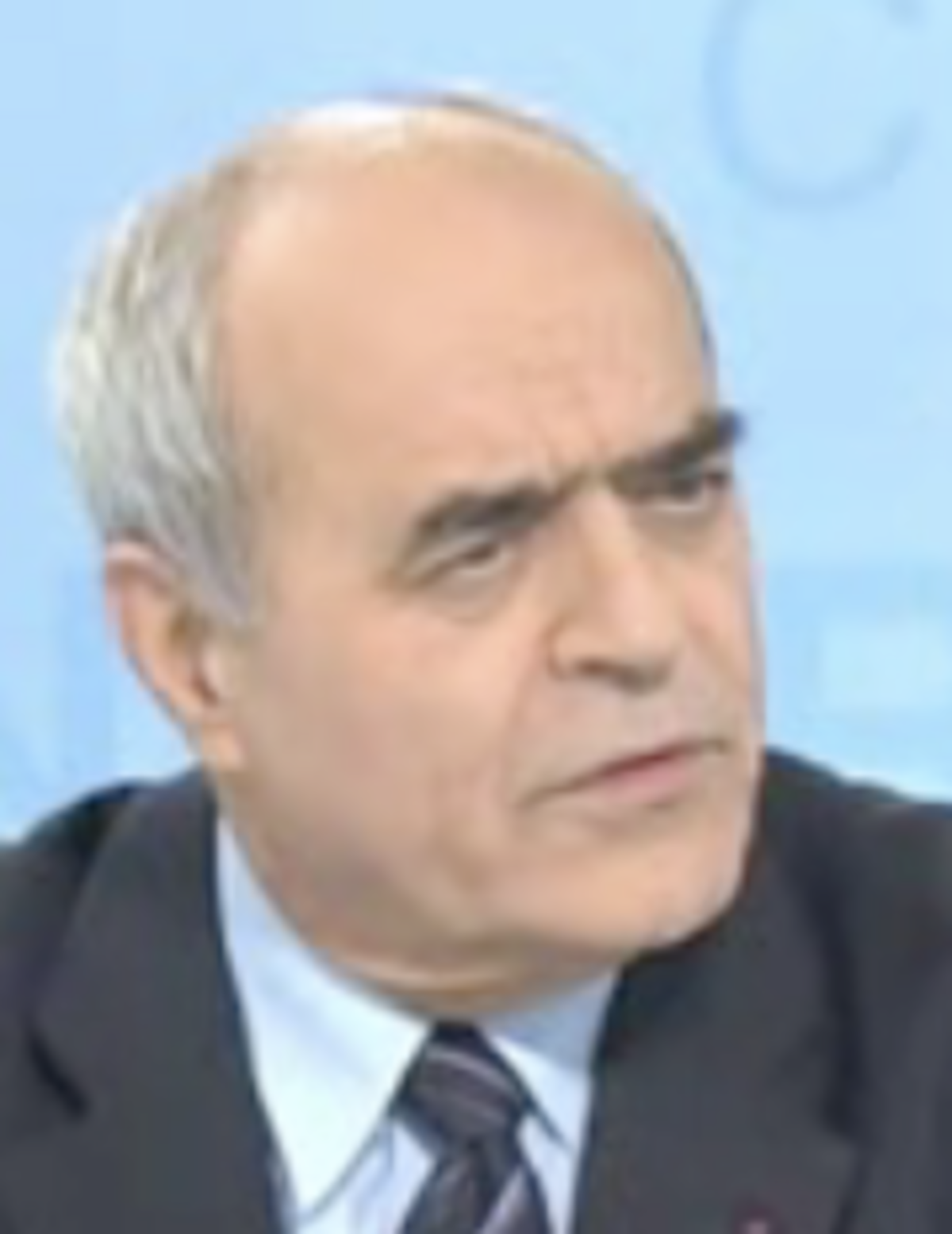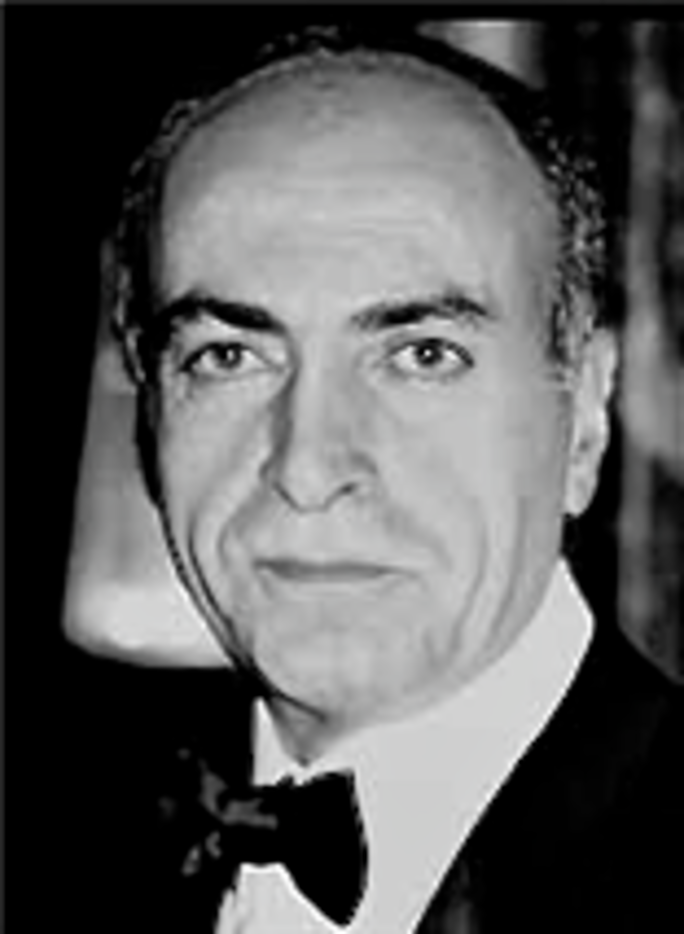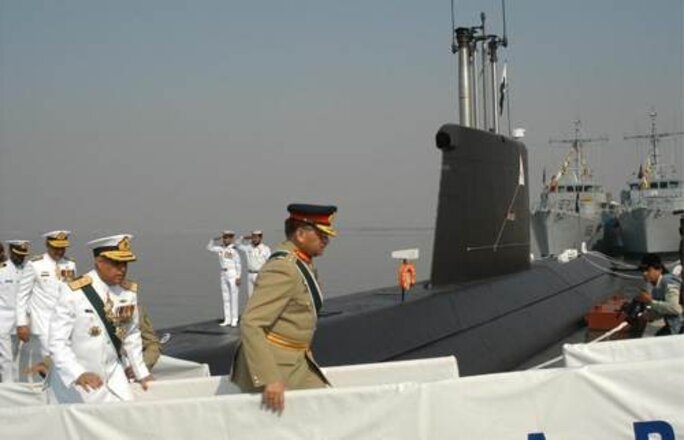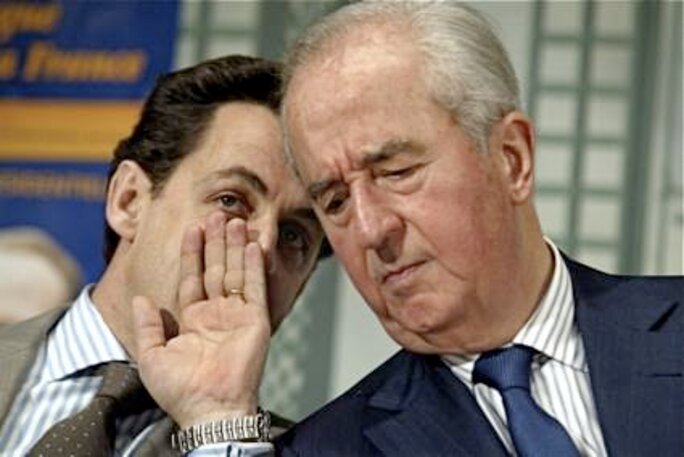Since the Karachi affair was first exposed by Mediapart in September 2008, the Elysée Palace has been adaman
Since the Karachi affair was first exposed by Mediapart in September 2008, the Elysée Palace has been adamant that it "in no way concerns" President Nicolas Sarkozy. However, that line will become harder to maintain following evidence given last month by Alain Juillet, former number two of the French intelligence agency, the DGSE, to one of the two judges investigating the affair.
In his December statement, Juillet disclosed that he was assigned by the Elysée to negotiate with a man who was threatening to disclose damaging evidence about the re-routing of huge commissions paid during the controversial sale of French submarines to Pakistan - unless he was paid eight million euros. Mediapart has seen Juillet's statement and reveals here what he told the judge.
-------------------------
Alain Juillet, 68, is a former senior figure within French intelligence and the business world. He began his career in espionage as a field agent for the 'Action' branch of the former French foreign intelligence service, the SDECE, during the 1960s, he went on to become director of intelligence for the SDECE's successor, the Direction générale des services extérieurs (DGSE), effectively second in command, in 2002.
Juillet's career has alternated between working for the secret services and in industry. Between 1970 and 2002, he has worked for the drinks company Ricard, dairy foods firm Mamie Nova and was CEO of French operations for British retailer Marks & Spencer.

In 2003, he became a senior director of economic intelligence for the French armed forces general secretariat, answerable to the prime minister's office, a post which he held until May, 2009. It was while in this position that he became involved in the Karachi affair, during 2008 on behalf of the president's office.
Little more than two weeks ago, on December 17th, he appeared before investigating magistrate Renaud Van Ruymbeke, the judge who is examining evidence of illegal party funding in France from the sale of three Agosta 90B submarines to pakistan. This includes the suspicion that bribes - described as commissions - paid out in the1994 deal were siphoned back into France as to fund former prime minister Edouard Balladur's presidential election campaign in 1995.
Another judge, Marc Trévidic, is investigating allegations that it was the cancellation of commissions linked to the arms deal, ordered by Balladur's rival and victor of the presidency,

Jacques Chirac, that was the prime motive behind the attack of May 8th, 2002, when a suicide bomber in the Pakistani port city of Karachi murdered 11 engineers, employees of French defence contractors DCN, who were helping to build one of the submarines.
During his evidence to Judge Van Ruymbeke, Juillet explained how he came to be working on behalf of the Elysée.
"At the beginning of June 2008, Bernard Delpit, assistant to François Pérol [then deputy chief of staff at the Elysée Palace] telephoned me and said: 'We've got a problem. Someone has written to us demanding a very large pay-off. Can you see what's behind it all?'" Juillet told Van Ruymbeke.
The "someone" in question making large demands of the Elysée was Jean-Marie Boivin, a key figure in the hidden commissions involving the naval defence contractors DCN. Between 1994 and 2004 Boivin had been the senior head of a Luxembourg-based shell - or "shadow" - company called Heine used by DCN.
Eight million euros for 'services rendered'
According to a document found by chance at the Paris headquarters of the DCN by French police in 2007, and subsequently in Luxembourg by Luxembourg police in 2009, the creation of Heine at the end of 1994 was directly approved by Nicolas Sarkozy, who was then budget minister in Edouard Balladur's government (see document below, available in French only).
Heine was a central pawn in a vast system of offshore accounts and companies that passed through Ireland and the Isle of Man. It was through this firm that later passed the 33 million euros in extra commissions promised to various intermediaries "imposed" on the Agosta submarine deal at the last minute by the Balladur government.

One of the intermediaries was the Franco-Lebanese businessman Ziad Takieddine, who was close to the Balladur camp at the time, and who is close to the Sarkozy camp today. And it was a part of these new commissions that was allegedly brought back into France to fund illegally the presidential campaign of Balladur in 1995. Nicolas Sarkozy, as campaign spokesman, was one of its key organisers.
In 2004, the DCN decided to cut its ties with Jean-Marie Boivin and Heine in return for a compensation payment of 610,200 euros. But Boivin evidently considered the sum too small. For from that moment on, Boivin and his Luxembourg partners regularly contacted the French authorities at the highest levels for ever-increasing sums of compensation, which eventually reached a demand for eight million euros. If the money was not paid, they threatened, troublesome evidence about corruption linked to arms sales risked being dredged up from the past.
So it was that on May 16th, 2007, on the very day Nicolas Sarkozy was officially sworn in at the Elysée, the newly-elected president received from Heine a letter and the copy of a bill for eight million euros for, as it simply stated, "services rendered" (see document below, available in French only).
Other letters followed, sent this time to François Pérol, one of the president's closest advisers. "Monsieur Pérol was furious at receiving letters from Monsieur Boivin. He had had enough," Juillet told Van Ruymbeke.
Presidency 'gave go-ahead' for pay-off talks
Juillet told the judge that after he was officially appointed by the Elysée to deal with the problem, he had met Jean-Marie Boivin three times between September 2008 and May 2009. Each of their meetings was held in London.
"Monsieur Boivin talks a lot," said Juillet, who added that he had never hidden his own role during their meetings. "He revealed to me his version of Heine, which had been created to move around commissions in a network of external accounts, and that it was he who had set it all up on behalf of the DCN."

In his statement, Juillet made clear the sensitive nature of the issue. "I realised [...] that there were stories about which no one wanted to speak but which existed in the background and which made Boivin feel in a very strong position [...] Indeed, in the Heine company there was a large quantity of financial transactions."
Juillet continued: "I thought that it was not in the general interest for these stories to come out in the Luxembourg media or elsewhere, even if at the time these commissions were legal. I was convinced that he had records and that it was better to recover them and negotiate with him a reasonable pay-off." According to his evidence, Alain Juillet had got the green light from the presidency to negotiate with Boivin.
During their various meetings in London, Boivin spoke "above all about Karachi", said Juillet. "It was the first time that I'd heard it said that the attack was linked to the stopping of the commission payments. For him it was obvious," Juillet added. The former intelligence official told the judge that he had been very wary about Boivin's claims. "As he talked a great deal, I always wondered which part he'd read [in the press] and which part he was exaggerating," said Juillet.
The judge asked Juillet if Boivin had revealed the names of the intermediaries. "He cited the name of Takieddine," replied Juillet. "But that was after the press had spoken about it. He said that Takieddine had been assigned commissions and that he was unhappy not to have received the commissions. Personally I was all the more cautious as I think that the key to the [Karachi] attack is more to do with the sale of submarines to India, more capable than those we had sold to Pakistan."
'I ask myself if I was used as a cover'
Juillet also said Boivin had never mentioned to him the retro-commissions said to have gone to French officials on the fringes of the arms sales.
The former spy spoke of mixed impressions of Boivin. "He said, without being more explicit, that he knew a lot of things and that if his rights were not recognised he would be forced to defend himself [...] When you were listening to him you had the impression that he knew everything. But when you asked him precise questions, it was all completely vague."
Nonetheless, Juillet told the judge he believed it was justifiable to offer Boivin a pay-off of between 2.5 and 3 million euros, but which successive presidents of the DCN between 2008 and 2009 categorically refused to do. That is why, according to Juillet, no common ground was reached by the time he left his job in June 2009 after which he joined a commercial law practice.

Yet a judgement from an Isle of Man court mentions the existence of a draft agreement reached in January 2009 between Boivin, the DCN and the French state over the claimed eight million euros.
Questioned by the judge about the existence of such an agreement, Alain Juillet appeared dumbfounded. "I couldn't get over it, as far as I was concerned it just wasn't possible [...] if we had paid him eight million euros, as the newspapers said, then there were things I didn't know about," he said. "I read in the newspapers that the DCN had sent two people to see Boivin and negotiate with him. Now, no one spoke to me about that. I asked myself if there had not been another, parallel, negotiation. And if I had not been, in the end, a form of cover screen."
Finally, he said the affair ended in a strange twist earlier last autumn. "The icing on the cake is that I received, a month and a half ago, a letter from Switzerland informing me that Monsieur Boivin had handed over all the documents." Which would imply that Boivin had handed over part of his records in exchange for the demanded payment.
-------------------------
English version: Michael Streeter


